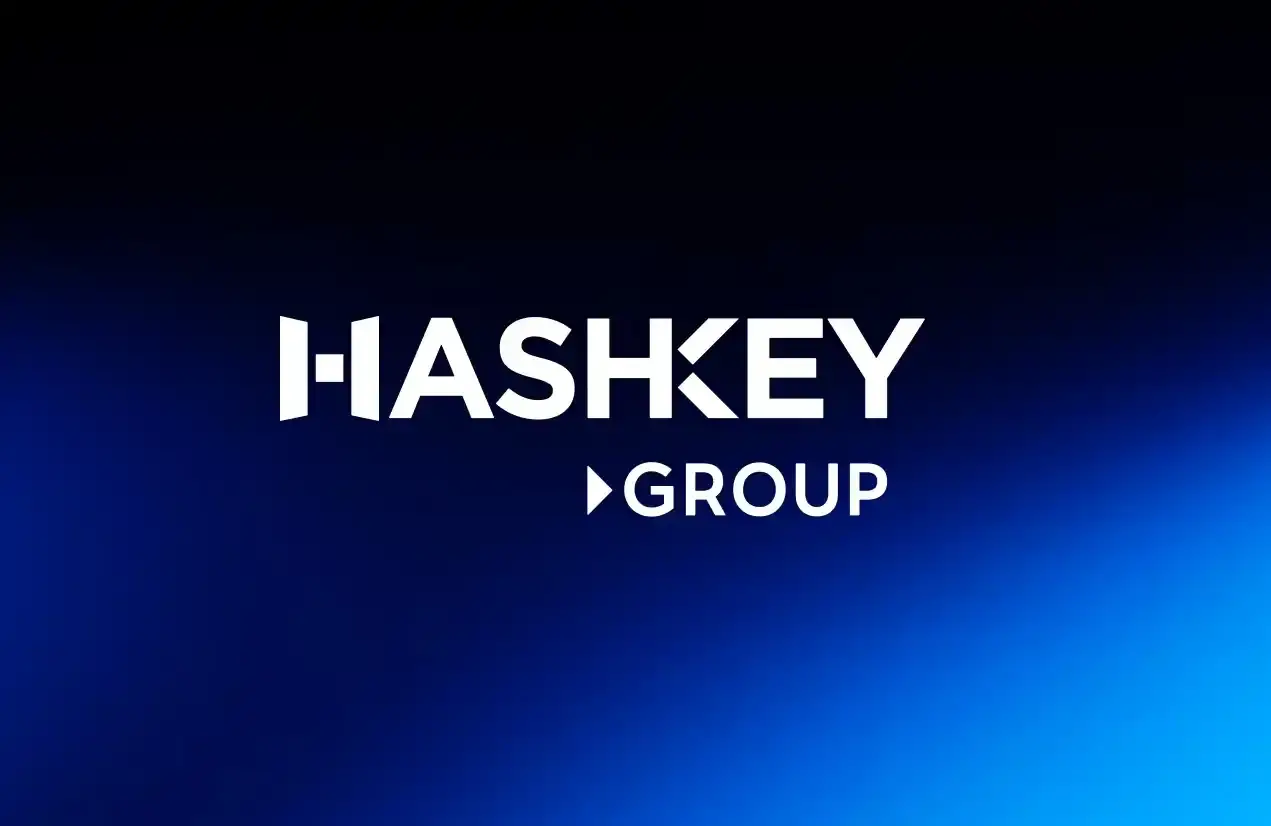Legal Frameworks as Catalysts for Trust: Quebec's Civil Law and the Future of Digital Asset Investing
- Quebec's civil law framework mandates real-time public registration of digital asset firms' ultimate beneficial owners (UBOs) via the Quebec Enterprise Register (REQ). - This transparency reduces information asymmetry, aligning with EU ESG standards and mitigating risks like greenwashing in speculative markets such as Maxi DOGE. - Unlike U.S. common law jurisdictions, Quebec's XBRL-compliant, third-party-audited disclosures enhance verifiability for tokens and collateralized lending structures. - Investo
The digital asset market, long plagued by volatility and opacity, is increasingly shaped by the legal frameworks governing its participants. For investors in emerging tokens like Maxi DOGE—a speculative cryptocurrency with high-growth potential—the jurisdiction in which these assets are managed can be as critical as the technology itself. Quebec's civil law regime, rooted in the French Napoleonic Code and codified in the Civil Code of Quebec (CCQ) and the Act respecting the legal publicity of enterprises (ARLPE), offers a compelling case study in how legal transparency can bolster investor confidence and mitigate systemic risks.
Quebec's Civil Law: A Blueprint for Transparency
Quebec's legal system mandates the public registration of ultimate beneficial owners (UBOs) for digital asset firms, requiring entities to disclose individuals or entities controlling 25% or more of voting rights or fair market value. This data is accessible in real time via the Quebec Enterprise Register (REQ), with external verification ensuring accuracy. Unlike common law jurisdictions, where self-reported disclosures dominate, Quebec's approach reduces information asymmetry—a critical factor in markets like Maxi DOGE , where speculative trading often outpaces fundamental analysis.
For example, the 2019 collapse of U.S.-based Burford Capital (BTBT) highlighted the fragility of self-reported governance. When Muddy Waters exposed the firm's opaque valuation practices, its stock plummeted 50% in a single day. In contrast, Quebec's requirement for XBRL-compliant, third-party-audited disclosures aligns with EU ESG standards and minimizes the risk of greenwashing or misrepresentation. This rigor is particularly relevant for digital assets, where tokenomics and governance structures are often shrouded in complexity.
Strategic Disclosures and Market Perception
Quebec's legal framework also influences how firms communicate their strategies. The CCQ and ARLPE compel concise, verifiable disclosures in annual reports, a practice shown to enhance the quality of strategy and business model (SBM) information. For Maxi DOGE, this means investors can scrutinize the token's utility, governance, and collateralization mechanisms with greater clarity. In 2023, a study of European firms found that civil law jurisdictions prioritized precise data over verbose narratives, a trait mirrored in Quebec's digital asset sector.
Consider the case of Fiat Blockchain (FBTC), a Quebec-based firm leveraging the province's legal clarity to structure digital asset lending. By classifying tokens as incorporeal movable property under the CCQ, FBTC ensures enforceable security interests, a critical factor for institutional investors wary of the U.S. market's fragmented approach to digital collateral. In common law jurisdictions, the absence of standardized frameworks—such as the UCC's Article 12—creates legal uncertainty, inflating risk premiums and deterring capital inflows.
Jurisdictional Diversification: A Prudent Strategy
As the 2025 invalidation of the U.S. Corporate Transparency Act (CTA) demonstrated, regulatory shifts in common law jurisdictions can trigger abrupt capital reallocations. During this period, Canadian gold ETFs saw a 22% inflow, underscoring investor flight to jurisdictions with stable legal regimes. For Maxi DOGE holders, diversifying across civil law jurisdictions like Quebec—where digital asset collateral is governed by the Act respecting the transfer of securities and the establishment of security entitlements (STA)—can mitigate exposure to governance risks.
Proactive due diligence is equally vital. Investors should prioritize tokens and platforms operating in jurisdictions with:
1. Public UBO registries (e.g., Quebec's REQ).
2. Enforceable collateral frameworks (e.g., Quebec's STA).
3. Third-party audit requirements (e.g., XBRL compliance).
Conclusion: Trust as a Tradable Asset
In the digital asset space, trust is not a given—it is a construct shaped by legal design. Quebec's civil law regime, with its emphasis on transparency and verifiability, offers a blueprint for fostering investor confidence in volatile markets. For tokens like Maxi DOGE, this means not only evaluating technical metrics but also the legal ecosystems underpinning their governance. As the sector evolves, jurisdictional diversification and rigorous due diligence will remain cornerstones of resilient investment strategies.
Disclaimer: The content of this article solely reflects the author's opinion and does not represent the platform in any capacity. This article is not intended to serve as a reference for making investment decisions.
You may also like
Xiao Feng's Full Speech at Bitcoin Asia 2025: DAT is More Suitable for Crypto Assets than ETF
DAT may be the best way for crypto assets to move from Onchain to OffChain.

Gold's Psychological Edge: How Behavioral Economics Drives GLD's Resilience in Turbulent Times
- Gold prices surged 26% in H1 2025, with GLD mirroring gains as behavioral economics explains risk-averse investor shifts. - The reflection effect drives demand for GLD during volatility, as geopolitical tensions and dollar weakness trigger loss-aversion strategies. - Central banks purchased 710 tonnes of gold quarterly in 2025, reinforcing GLD's role as a hedge against stagflation and currency devaluation. - GLD attracted 397 tonnes of inflows by June 2025, with Chinese ETF holdings rising 70%, reflectin

CME XRP Futures: A New Benchmark for Institutional Crypto Adoption
- CME Group's XRP futures reached $1B open interest in 3 months, fastest growth among crypto derivatives. - Ripple-SEC settlement in May 2025 classified XRP as a commodity, enabling institutional adoption via CFTC-aligned futures. - XRP's cross-border payment utility distinguishes it from Bitcoin/Ethereum, attracting diversified institutional strategies. - Micro contracts and $9.02B cumulative volume highlight XRP's role as a liquid, regulated crypto benchmark. - 78% prediction market odds of U.S. XRP ETF

Legal Regimes and the Hidden Value of Corporate Transparency: How French Civil Law Shapes ESG Investing and Global Equity Strategies
- French Civil Law (FCL) jurisdictions enhance investor trust through real-time transparency in ownership structures, reducing information asymmetry compared to Common Law (CL) self-reported disclosures. - FCL systems like Quebec’s REQ deliver higher-value, shorter disclosures via legal mandates, correlating with 15% lower equity volatility and stronger ESG scores for firms in these regimes. - ESG investors benefit from FCL’s ex-ante governance frameworks, which enforce stakeholder protections and align wi
